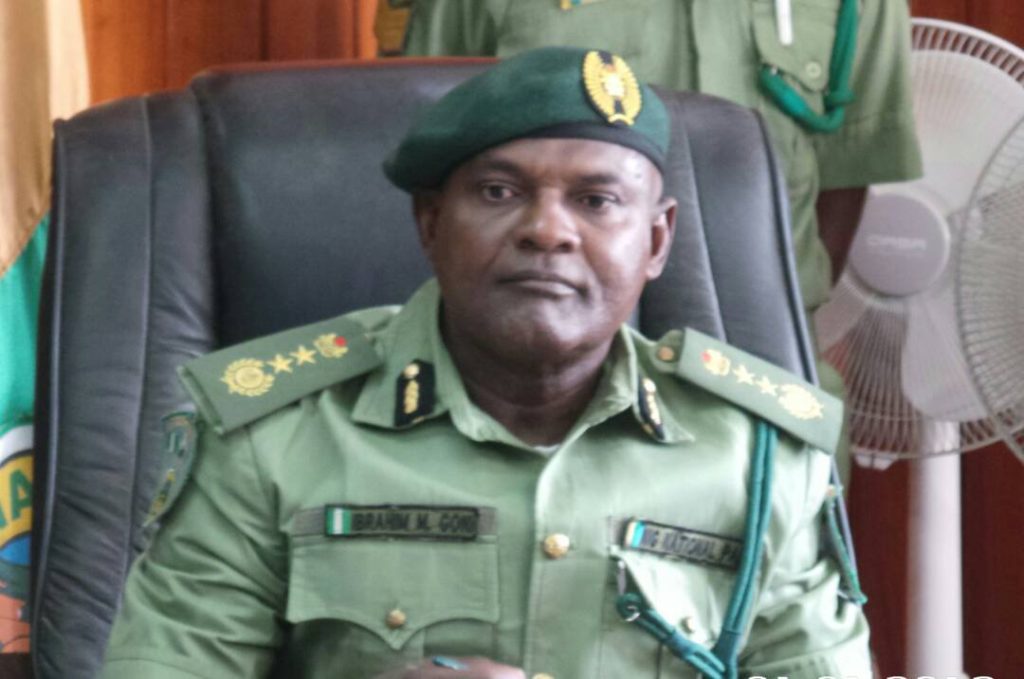The Conservator-General, National Park Service, Dr Ibrahim Goni, has called on the public to reduce excessive closeness and interaction with wildlife in order to curb some avoidable diseases including COVID-19.

Goni made the call in a statement made available to the News Agency of Nigeria (NAN) on Tuesday, April 7, 2020 in Abuja.
He said there was a clear association with poaching, eating and trading in wildlife to contracting diseases, adding that caution must also be henceforth taken against using wild animals as pets.
“We got reports that people still eat and sell various species of dead monkeys, cats, and birds such as bats, pangolins suspected to be at the centre of COVID-19.
“Pangolin, the world’s most trafficked mammal, is believed to have possibly been a vector in the leap of the novel coronavirus from animal to human at a market in China’s Wuhan City last year.
“They are commonly used in traditional Chinese medicine, although scientists revealed that they have no therapeutic value,’’ he said.
The conservator-general also said the COVID-19 pandemic should make hunters of wildlife begin to consider the health of humans, animals and the environment to avert future crisis.
“Due to hunting, eating and trading in wildlife, the world has seen the emergence of all sorts of animal-borne infectious diseases such as SARS, Nipah, Ebola, Lassa fever, and now COVID-19.
“COVID-19 pandemic has wreaked havoc globally and Nigeria is not left out and I wonder why some people still engage in a trade that has supposedly brought such devastation upon mankind.
“One of the frightening realities of this trade is the threat that it poses to the health of human beings through spread of diseases from animals to human beings.
“Wildlife belongs to the wild and therefore should be left in the wild.
“At our parks, we have experts who handle these animals in hygienic ways to avoid direct human contact that can become breeding grounds for existing and emerging infectious diseases,’’ Goni said.
Goni, therefore, urged the public to adhere to the country’s environmental laws and the Convention on International Trade in Endangered Species (CITES).
“It is important we understand the links between habitat and environmental damage and the coronavirus.
“The destruction of ecosystems makes disease outbreaks including pandemics more likely and now the destruction of nature is the underlying crisis behind the coronavirus crisis.
“Our wildlife is increasingly going into extinction and its trade puts ecosystems at risk,’’ he said.
The conservator-general explained that the service would continue to create awareness on the negative impact of hunting and trading on biodiversity and the risks it posed to human health.
“We urge those involved in wildlife trade to stop the killing and eating of wildlife for their own good.
“Wild animals belong in the wild and are not pets and should be handled by professionals only,’’ he said.
Goni said human lockdown had brought to bear how animals felt in captivity, in zoos or as pets in cages in houses.
According to him, the prevailing lockdown brings to fore the importance of freedom for all living things including animals in their natural habitat.
By Okeoghene Akubuike
